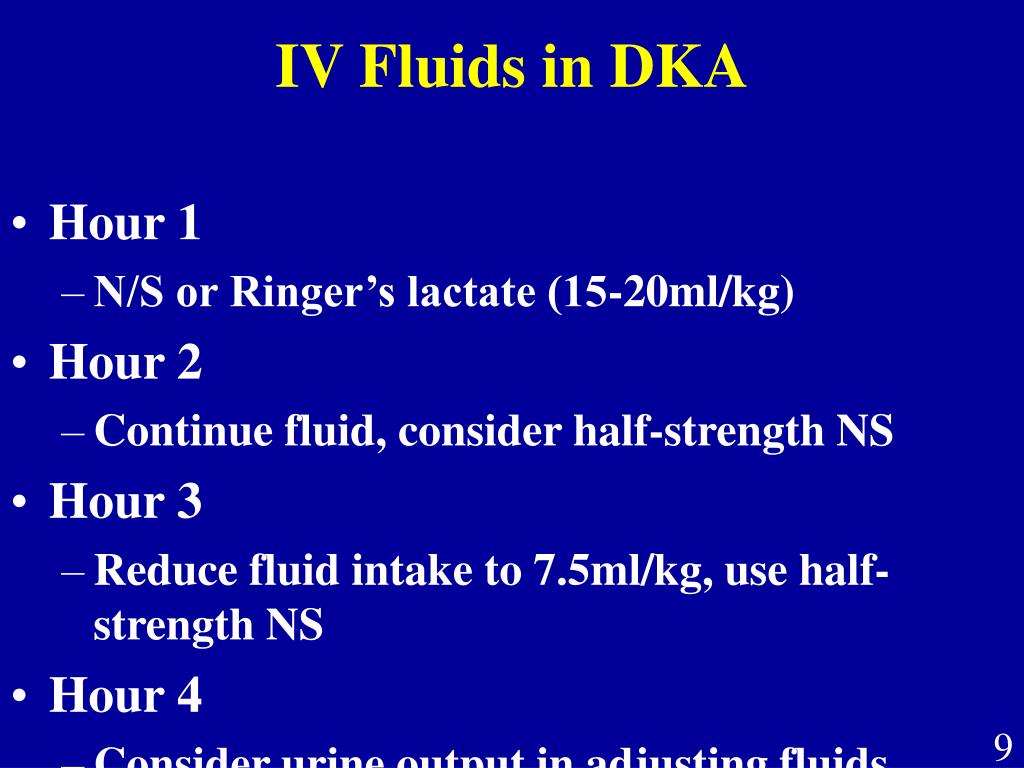

You could miss these shock signs in elders

"Large volumes of fluid that raise blood pressure to 'normal' levels increase the risk of bleeding and death." (See related story, below, on assessment of shock in elder ED patients.) "We used to try and resuscitate trauma patients back to a 'normal' blood pressure like 120/80," he says. The current trend is fluid resuscitation to only 80 mmhg systolic, or a mean arterial pressure of 60 to 65, until all significant bleeding sources have been identified and controlled, says Glow. Steven Glow, MSN, FNP, RN, associate clinical professor at Montana State University College of Nursing in Missoula, notes that the evidence regarding fluid resuscitation in trauma is changing significantly. "Normalizing lactate levels early, within the first 24 hours, has shown to be beneficial," he says. "Markers of resuscitation, such as lactate and/or tissue oxygenation, can be used to help direct efforts to avoid heart failure," he says.Įlevated levels of lactate are related to tissue hypoperfusion that might be the result of under resuscitation, explains Carlson. Complete frequent, thorough assessments to maintain the elder's delicate homeostatic state."įluid resuscitation has to be goal-directed to prevent over-resuscitation in the elderly population, says Glenn Carlson, MSN, ACNP-BC, CCRN, a clinical nurse specialist/acute care nurse practitioner at Bronson Methodist Hospital in Kalamazoo, MI. "Be aware of the unique needs of the elder. "So not addressing hypotension can also be fatal," she says. Hypoperfusion can result in decreased oxygen transport and organ damage, notes Weaver. "Elders with chronically low potassium levels may not have intracellular reserves to maintain normal serum levels, causing hypokalemia and lethal complications," she warns. Normally, fluid resuscitation prompts potassium to shift out of the cells to maintain a normal serum potassium, explains Weaver.

"Rapid crystalloid infusion in this population can potentially cause electrolyte imbalances," she adds. "This could cause new problems, such as pulmonary edema in the elder with a preexisting condition such as congestive heart failure," she says.Īlso, chronic diuretic therapy can cause chronically contracted vascular volume and low serum potassium, says Weaver. Joseph's Hospital and Medical Center in Phoenix, AZ. With elders, be cautious with fluid resuscitationĪggressive fluid resuscitation, which normally would be used in younger trauma patients, potentially could do serious harm to an elder patient, warns Rhyan Weaver, RN, BSN, CEN, clinical supervisor in the ED at St.


 0 kommentar(er)
0 kommentar(er)
